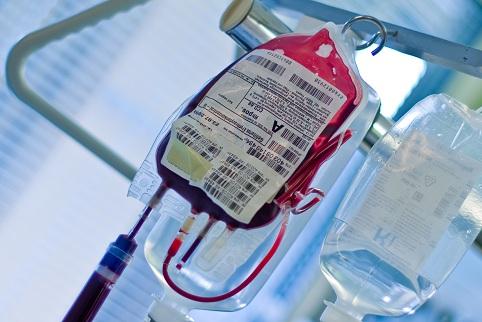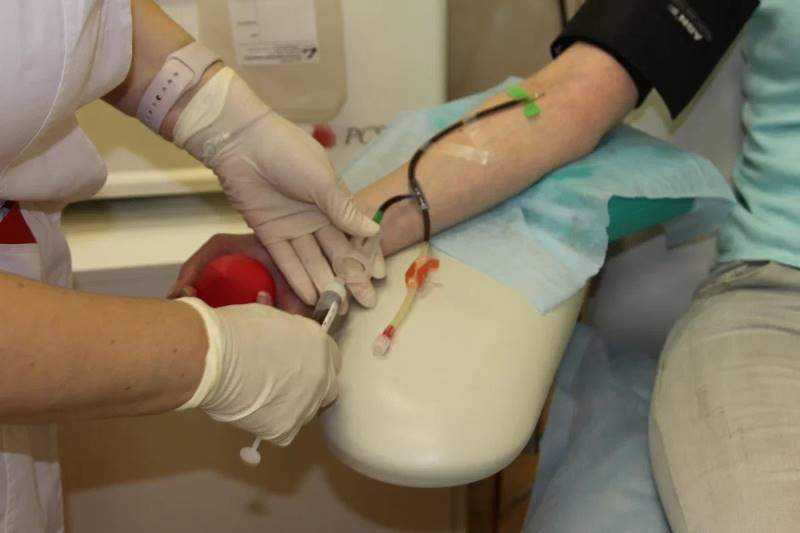
Haemodialysis for oncology patients
Antitumor medication treatment is very important but in some cases it can cause kidney damage. This can affect your well-being and the results of antitumor treatment.
N. Lopatkin Scientific Research Institute of Urology and Interventional Radiology (SRIUIR)
- Many antitumor medications are excreted from the body through the kidney. It means that kidney function directly affects how effective medications will be and how they may affect your health.
- Certain types of malignant tumors and medications prescribed to you may negatively affect kidney function. It can cause various problems, including acute or chronic kidney damage.
- Studies show that people who have suffered kidney damage during oncological treatment may have problems with kidney function recovery and overall survival. In addition, these patients are more likely to develop chronic kidney disease, which can progress rapidly.
To prevent kidney damage and continue treatment successfully, you have to:
- Have regular kidney examination: doctor will monitor the kidney function to identify problems on time.
- Follow doctor’s recommendations: it is important to take the medications strictly according to the prescription and not to increase the dose without consulting a doctor.
- Keep-up healthy lifestyle: drink enough water and take care of your diet, it can help protect your kidney.
Medications with nephrotoxic effect:
Cisplatin, carboplatin, cyclophosphamide, ifosphamide, carmustin, lompostin, methotrexate, citarabin, hemcitabine, hydroxybene, daunorubicin, doxorubicin, mitomycin, bevacizumab, interferons, etopozide, irinotecan, toptecan and others.
Professional team of specialists in oncology, nephrology and urology at N. Lopatkin Scientific Research Institute of Urology and Interventional Radiology is a unique opportunity to provide medical assistance to oncological patients with a risk of kidney damage. The interdisciplinary concilium with the participation of oncologists and nephrologists, which is held at N. Lopatkin SRI of Urology and Interventional Radiology, allows you to:
- Primary diagnose and correct acute kidney damage, which is essential to your health.
- Determine the risk of deterioration of kidney function, which will help you to prevent or slow down this process.
- Evaluate the advisability of changing the antitumour treatment regimen, taking into account your current health and potential risks and benefits of treatment.
- Determine the need and timing of the involvement of other specialists (nephrologists, urologists and others) in the diagnostic search and treatment of the patient, if this will be necessary for your complex treatment.
This approach helps to develop the most effective and individualized treatment plan, taking into account all aspects of your health achieving the best results.
Tactic of antitumor medication treatment for oncology patients on the hemodialysis program was developed with the participation of specialists at N. Lopatkin Scientific Research Institute of Urology and Interventional Radiology.
Patients with terminal chronic renal failure have the high risk of developing complications of antitumor therapy. It is due to long-term exposure to medications in the body due to the increased circulation time in the blood. The concentration of antitumor medications can both increase and decrease due to the haemodialysis.
It is important to understand that terminal chronic renal failure and haemodialysis is not an absolute contraindication for antitumor therapy.
However, the decision to prescribe treatment must be made after careful discussion with your doctor, who assesses all the features of your condition and the possible risks and benefits of the treatment.
To ensure an optimal level of efficacy and safety of antitumor medication treatment in the case of terminal HPP, we consider it is necessary to involve a team of specialists – oncologists, nephrologists, urologists. This approach allows to develop the most appropriate and safe treatment plan for your individual situation.
We also take into account the individual features of your oncological disease, associated diseases and clearance of antitumor medications in the process of haemodialysis. This allows us to adapt simultaneously the conduct of two indispensable and vital types of therapy – antitumor and renal replacement therapy, minimizing risks and increasing the effectiveness of treatment.




